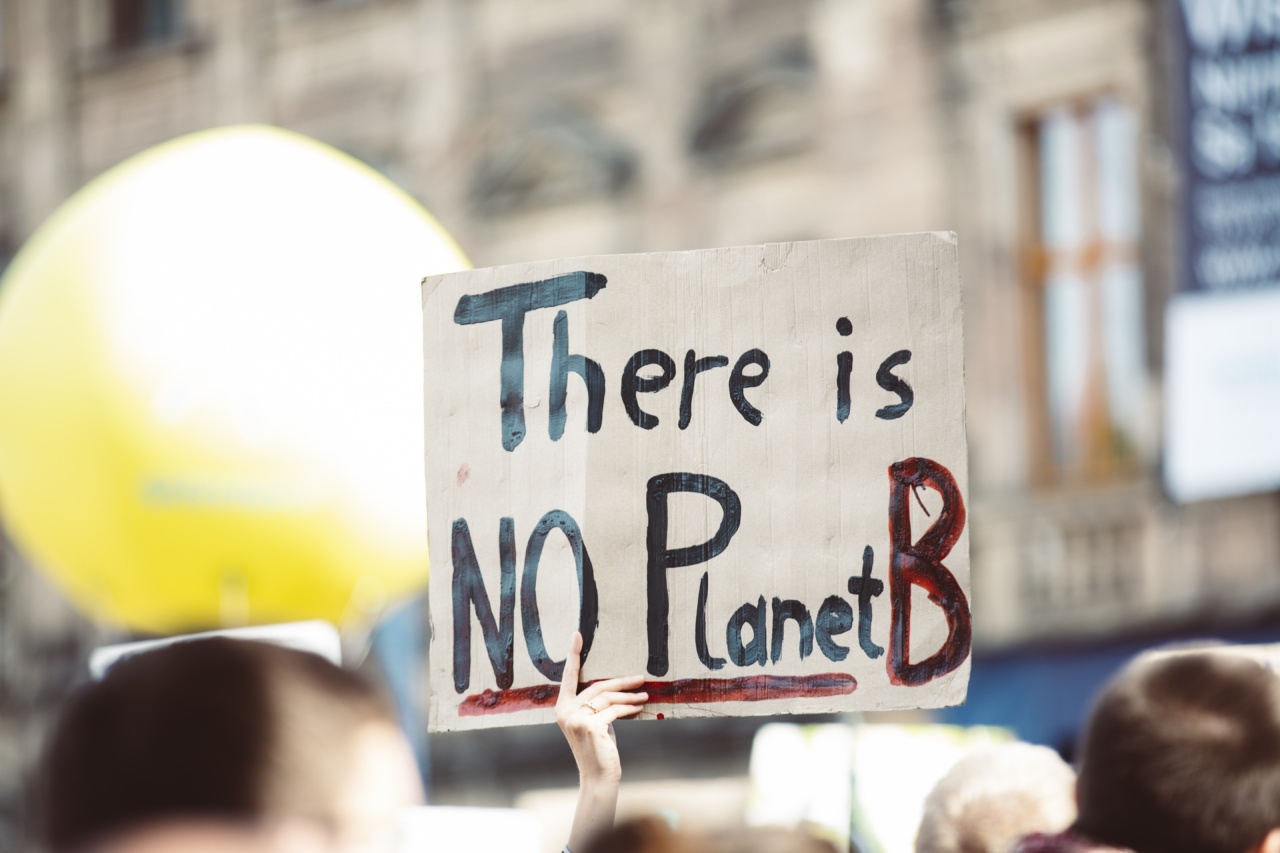Climate change is one of the biggest threats of our time. It affects all aspects of human life, including health insurance. As global temperatures continue to rise, extreme weather events and natural disasters are becoming more frequent and severe.
These events have a significant impact on people’s health and well-being, and in turn, on their insurance coverage. In this article, we’ll explore the link between climate change and health insurance.
How Climate Change Affects Health Insurance
Extreme weather events like hurricanes, floods, and wildfires are becoming more common as the planet warms. These events can lead to damage and destruction of homes and property, and can also lead to injuries or illnesses.
Health insurance plans may cover some of the costs associated with these events, but it depends on the type of insurance and the policy. For example, some policies may cover damage to property, but not the cost of evacuation or temporary housing.
Climate change also affects public health, which means insurance companies may have to cover more medical expenses. Warmer temperatures can lead to the spread of insect-borne diseases like malaria and dengue fever.
Extreme heat can exacerbate health problems like asthma and heart disease. Insurance companies may have to pay for more doctor visits, hospital stays, and medications if more people are affected by these conditions.
How Health Insurance Affects Climate Change
Health insurance companies have an opportunity to help reduce the impact of climate change. By promoting preventative healthcare measures, they can help reduce the risk of health problems caused by climate change.
For example, insurance companies could encourage their clients to get vaccinated against mosquito-borne illnesses, or provide incentives for installing air filters in homes to reduce the effects of poor air quality.
Insurance companies can also influence the healthcare industry as a whole to become more environmentally sustainable.
They can require healthcare facilities and providers to reduce their carbon footprint by implementing energy-efficient practices and reducing waste. By doing so, they can help mitigate the impact of climate change on public health.
The Future of Climate Change and Health Insurance
The effects of climate change on health insurance are likely to become more significant in the future. As extreme weather events become more frequent, insurance companies will have to determine how to cover the associated costs.
Additionally, as public health concerns related to climate change grow, insurance companies may have to cover more medical expenses. The insurance industry will have to adapt to these changes to remain profitable and provide adequate coverage to their clients.
On the other hand, health insurance providers have the ability to help mitigate the effects of climate change. They can work with their clients to promote preventative healthcare practices that can reduce the risk of illness and disease.
They can also promote sustainability initiatives in the healthcare industry to reduce the industry’s impact on the environment.
Conclusion
Climate change is a complex issue that affects many different aspects of human life. The link between climate change and health insurance is just one example of how this phenomenon is having a far-reaching impact.
Insurance companies can play an important role in mitigating the effects of climate change by promoting sustainable healthcare practices and providing coverage for the health problems associated with extreme weather events. As the effects of climate change become more significant, insurance companies will have to adapt to remain relevant and profitable.




























